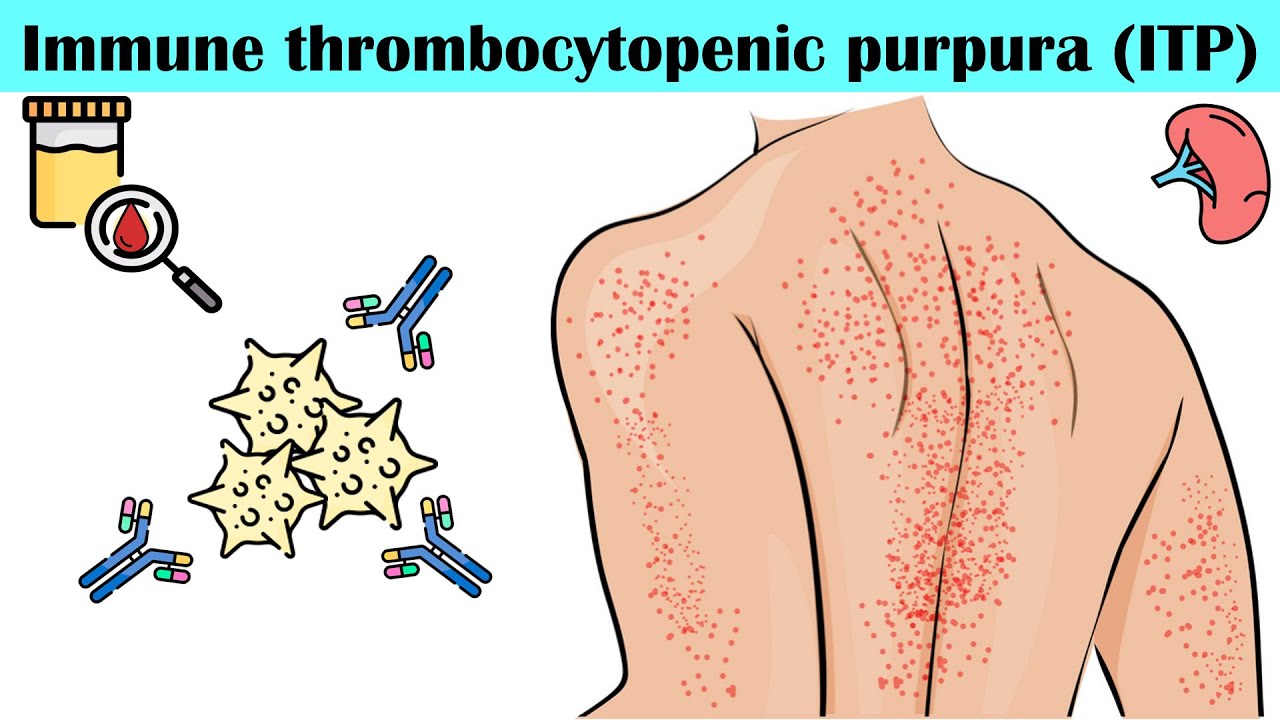Use of steroids in treating anaphylaxis questioned
Reuters Health • The Doctor's Channel Daily Newscast
“We need to put the management of anaphylaxis on to a sound evidence-based footing,” Dr. Aziz Sheikh commented in an email to Reuters Health. “Although this is not straight-forward, we do need to see randomised controlled trials evaluating the effectiveness of commonly used treatments for anaphylaxis, including steroids.”
Dr. Sheikh at the University of Edinburgh, UK, and colleagues made an extensive search for published and unpublished literature on randomized or quasi-randomized trials comparing glucocorticoids with any control — be it placebo, adrenaline (epinephrine), antihistamine, or any combination — in the emergency management of anaphylaxis.
“None of the 2496 reports identified satisfied the inclusion criteria,” the team reports in Allergy released online June 24 ahead of print. The investigators conclude that there are no high-quality data on which to base recommendations.
“International guidelines still far too often fail to make clear that there is really no robust evidence for (or indeed against) the use of steroids in the management of anaphylaxis,” Dr. Sheikh noted.
That said, the authors point out in their report that there’s little evidence that giving glucocorticoids is harmful, although they are often given inappropriately as first-line therapy. “If used,” Dr. Sheikh advised, “steroids should very much be seen as a second-line treatment strategy and should certainly not be used ahead of adrenaline treatment.”
Reference:
Glucocorticoids for the treatment of anaphylaxis: Cochrane systematic review
Allergy 2010.








